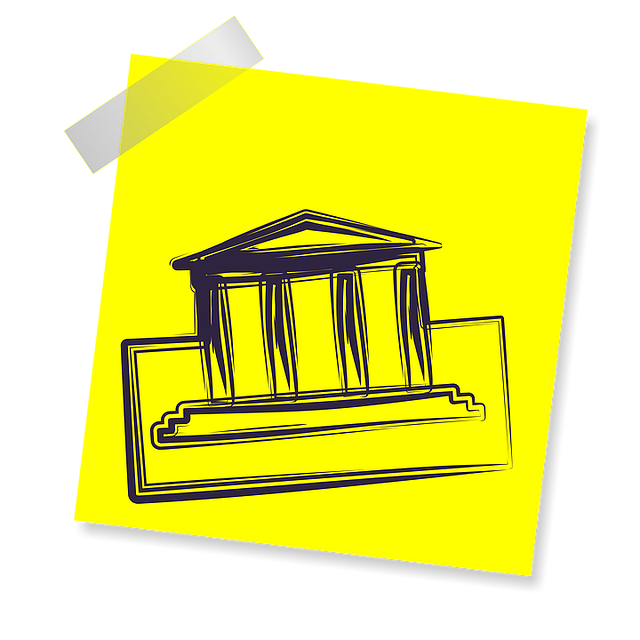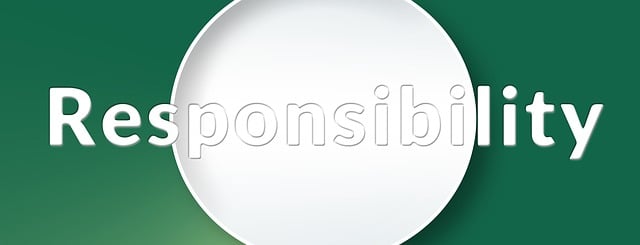Debt management starts with gathering financial info, categorizing debts, and exploring consolidation loans for simplified, lower-interest repayment. Non-profit counseling aids in selecting suitable options, paying off debts, and maintaining a structured plan for long-term financial stability and freedom through disciplined budgeting and aligned debt strategies.
Managing debt can feel overwhelming, but with strategic planning, it’s achievable. This comprehensive guide offers essential tips for navigating your financial obligations effectively. We’ll explore key strategies like understanding your debt, leveraging debt management consolidation loans for benefits like lower interest rates and streamlined payments, prioritizing debt repayment, and cultivating financial discipline for long-term stability. By implementing these tactics, you can gain control of your finances and move towards a debt-free future.
- Understand Your Debt: Create a Comprehensive Plan
- Explore Debt Management Consolidation Loans: Benefits and Process
- Prioritize Payments: Strategize for Maximum Impact
- Build Financial Discipline: Long-Term Solutions for Stability
Understand Your Debt: Create a Comprehensive Plan

Understanding your debt is a crucial first step in successful debt management. Take the time to gather all relevant information about your financial obligations. This includes the type and amount of each debt, interest rates, repayment terms, and any associated fees. Create a detailed breakdown, categorizing debts into secured and unsecured, high-interest and low-interest categories. This structured approach will help you identify areas for improvement and make informed decisions when creating a comprehensive debt management plan.
Once you have a clear picture of your debt landscape, it’s time to develop a strategy. Consider options like debt consolidation loans or secure debt relief programs designed to simplify repayment processes. These solutions can offer lower interest rates and more manageable monthly payments, making it easier to stick to a budget. Remember, the goal is to find sustainable debt relief methods that meet your specific financial needs, and exploring options with no fees for consolidating debts can be a smart move towards achieving financial freedom.
Explore Debt Management Consolidation Loans: Benefits and Process

Debt management consolidation loans can be a powerful tool for individuals struggling with multiple debts. By consolidating various high-interest loans into a single, often lower-interest loan, borrowers can simplify their repayment process and save money on interest charges. This strategy allows for a more manageable payment schedule, making it easier to stay on track and avoid defaulting on payments.
The process typically involves assessing your current debt situation, comparing different consolidation loan options from various lenders, and selecting the best fit based on your financial needs and capabilities. Non-profit consumer debt counseling agencies can offer valuable guidance during this phase, helping you navigate the complexities of debt consolidation loans. Once approved, the funds are disbursed to pay off your existing debts, leaving you with a single, consolidated loan to manage. A simple debt management plan can then be established to ensure timely repayments and achieve long-term financial stability.
Prioritize Payments: Strategize for Maximum Impact

When it comes to effective debt management, prioritizing payments is a strategic move that can significantly impact your financial situation. Focus on paying off debts with the highest interest rates first while making minimum payments on others. This approach ensures that you minimize the overall cost of borrowing and save money in the long run. Debt management consolidation loans can be a powerful tool here; they offer lower interest rates compared to other loans, allowing you to pay off multiple debts more efficiently.
By strategically planning your repayments, you can free up debt management advice from financial experts who recommend this method. Best debt consolidation options provide a clear repayment schedule and potentially lower monthly payments, making it easier to stick to your financial plan. This structured approach will help you gain control over your debts and work towards becoming debt-free faster.
Build Financial Discipline: Long-Term Solutions for Stability

Building financial discipline is a cornerstone for achieving long-term stability and effective debt management. It begins with understanding your spending patterns and making informed decisions about your money. Create a detailed budget to track income, fixed expenses, variable costs, and debts. This practice allows you to identify areas where you can cut back and allocate more funds towards paying off debts, including consolidation loans. By doing so, you’re not just managing debt but also fostering healthy financial habits that will serve you in the long run.
Debt management consolidation loans offer several benefits, such as simplifying repayment processes and potentially reducing financial stress by lowering interest rates. However, it’s crucial to approach this strategy with discipline. Repayment plans should be carefully considered and aligned with your budget to ensure successful debt elimination. Easy debt management tools can assist in tracking progress, but true stability comes from adhering to a disciplined financial plan tailored to your unique circumstances.
Debt management is a journey towards financial freedom, requiring understanding, planning, and discipline. By thoroughly assessing your debt through comprehensive planning, exploring options like debt management consolidation loans with their multifaceted benefits, prioritizing payments for maximum impact, and cultivating financial discipline for the long term, you can navigate this path effectively. Remember, successful debt management isn’t just about paying off debts; it’s about gaining control over your finances and securing a stable future.
